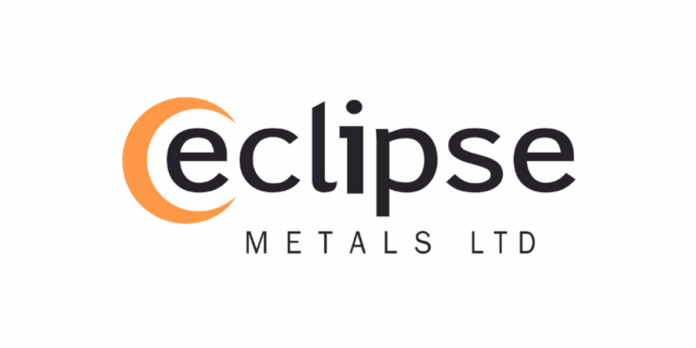Introduction to the Rare Earths Crunch
The world’s third largest automaker, Hyundai, alongside its affiliate Kia, has reportedly boosted its reserves of rare earths during a brief window of relaxed Chinese controls. This move has given the company a significant advantage over its rivals, who are now scrambling to secure their own supplies.
Hyundai’s Strategic Move
According to a source quoted by Reuters, Hyundai has "far more wiggle room" than its competitors due to its successful procurement diversification and proactive inventory buildup. The company’s investor relations official revealed this information during a call with participants, although Hyundai declined to confirm the specifics of its inventory in a public statement. Instead, the company stated that it "continuously evaluates market conditions to ensure operational stability and maintain a diversified global supply chain."
The Impact on the Global Auto Market
Hyundai’s preparedness stands in contrast to the scramble now engulfing US and European manufacturers. Several major European suppliers have already reported production disruptions linked to delayed rare earths deliveries. Jonathan O’Riordan, international trade director at the European Automobile Manufacturers’ Association, warned that the industry is "gradually coming into a very, very critical moment" and that production stoppages are potentially on the horizon.
US-China Trade Negotiations
The rare earths crunch has become a central issue in US-China trade negotiations, which resumed in London. The talks aim to stabilize relations that have deteriorated beyond tariffs into critical minerals and tech controls. The US is pushing for firmer guarantees on rare earths shipments, and President Donald Trump appeared optimistic about the negotiations, stating that "we’re doing well with China."
China’s Response
China has appeared to open a narrow diplomatic path by announcing a "green channel" to fast track rare earths export licenses to select European Union firms. The country’s Ministry of Commerce also confirmed that it has quietly granted licenses to Chinese suppliers servicing major US automakers. However, it remains unclear whether Hyundai’s buffer includes inventory held by its suppliers or how the company may choose to ration usage in the event of further disruptions.
Conclusion
The rare earths crunch has significant implications for the global auto market, and Hyundai’s strategic move has given it a temporary advantage. As trade talks continue, the question remains whether China will remain central to rare earths and whether other nations can afford to remain dependent. The outcome of these negotiations will have far-reaching consequences for the industry, and only time will tell how the situation will unfold.

